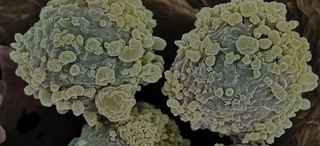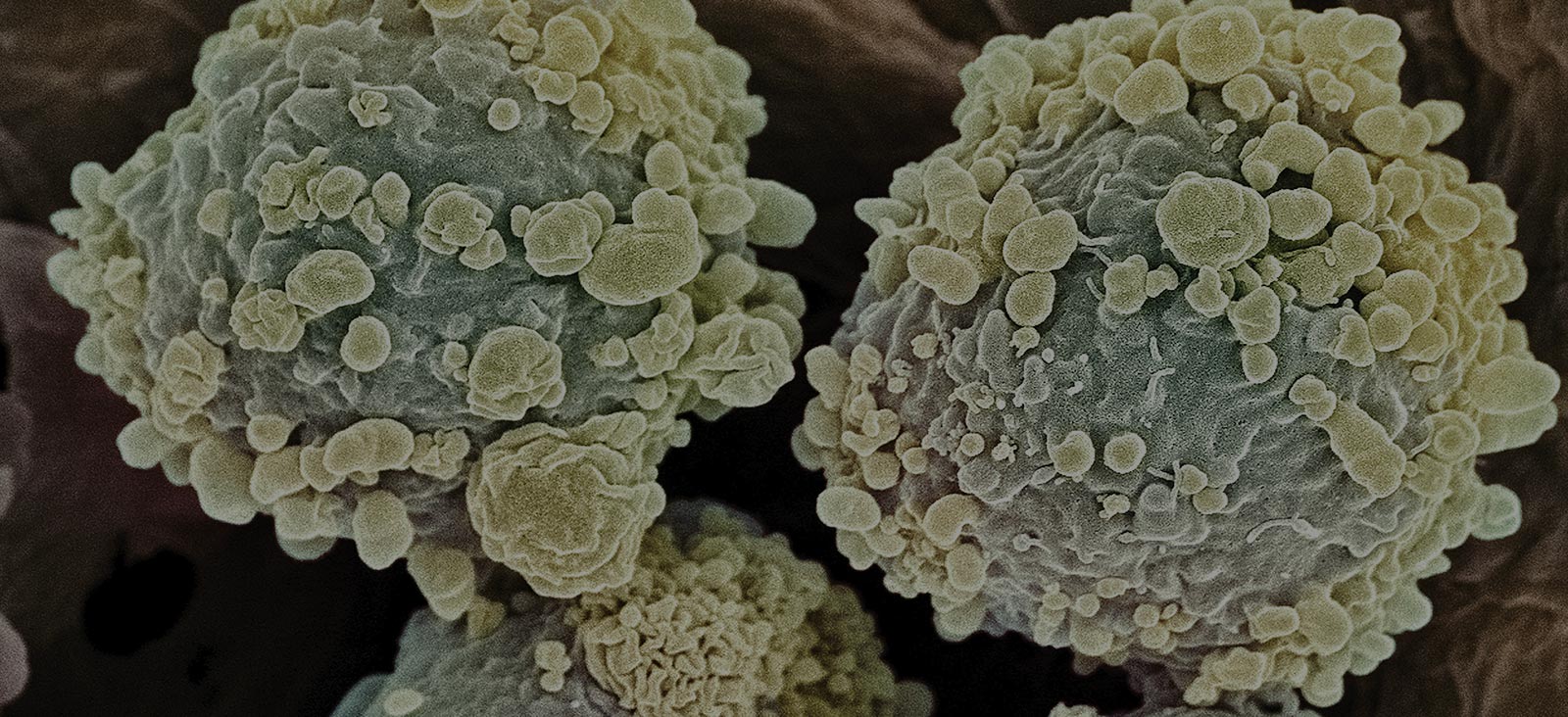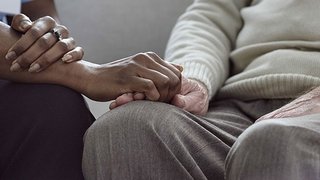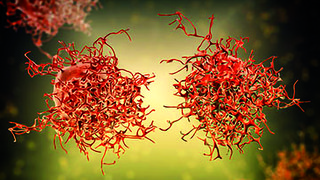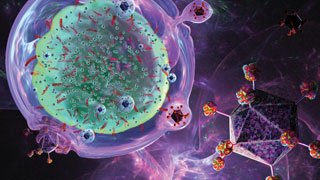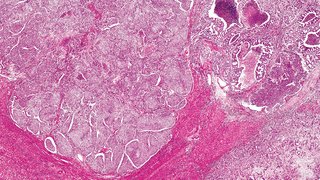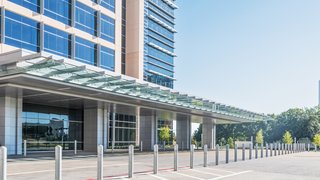Why Cancer Care Specialization Matters: The Story of Chronic Lymphocytic Leukemia Survivor William Marks
May 8, 2024
Farrukh Awan, M.D., and his team are uniquely positioned to help chronic lymphocytic leukemia patients.
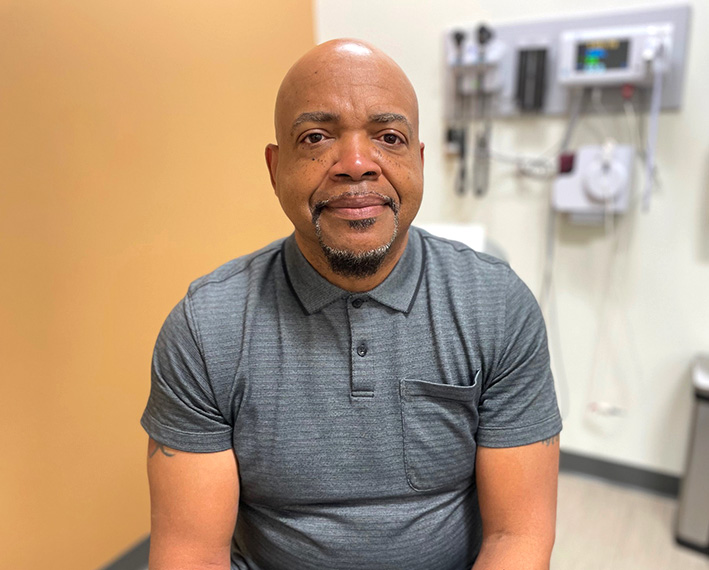
After undergoing a routine physical in September 2015, William Marks was diagnosed with chronic lymphocytic leukemia (CLL). Following an initial consultation with an oncologist, Mr. Marks left feeling more bewildered and distressed than when he first received his diagnosis.
“Both my wife and I were distraught that chemotherapy may be our only option,” Mr. Marks says. He accepted a friend’s suggestion and sought a second opinion from Farrukh Awan, M.D., a Professor of Internal Medicine in the Division of Hematology and Oncology at UT Southwestern. As a blood cancer specialist, Dr. Awan is highly skilled in the treatment of chronic lymphocytic leukemia as well as other types of leukemia and lymphoma.
Much to the couple’s surprise, chemotherapy was not the only treatment option for leukemia. A number of clinical trials were available at UT Southwestern. After enrolling in the cooperative group ECOG-9161 clinical trial offering a combined targeted drug therapy with obinutuzumab and ibrutinib, Mr. Marks achieved a complete remission of his cancer. He has been in complete remission for several years while being on maintenance treatment.
“I’ll never forget sitting with Dr. Awan. His comforting words reassured me that it wasn't the end at all. I knew he was our doctor,” Mr. Marks says. “Having witnessed my father's battle with myeloma, I wanted to spare my family from watching me go through chemotherapy.”
Availability of New Treatment Options for CLL
According to Dr. Awan, the landscape of CLL treatment is rapidly evolving due to novel targeted therapies that show effectiveness, improved safety, patient tolerability, and the potential for improving overall survival. He notes that these agents also improve outcomes for patients with high-risk and relapsed disease.
“The goal of therapy has evolved from achieving a clinical complete remission to eliminating minimal residual disease,” Dr. Awan explains. With many options available, treatment for CLL is becoming more individualized, he adds.
Over the past decade, researchers have established that chemotherapy has no role for the management of patients with CLL. In addition, they’ve discovered that smart targeted therapies like Bruton tyrosine kinase (BTK) and B-cell lymphoma 2 (Bcl-2) inhibitors are the drugs of choice for most patients who require treatment for CLL.
With respect to the efficacy of BTK inhibitors, three agents – acalabrutinib, zanubrutinib, and ibrutinib – are closely matched. Bcl-2 inhibitors in combination with an anti-CD20 monoclonal antibody (obinutuzumab) are also considered a promising option for select patients. These are distinct approaches utilized for treating CLL currently. However, it is possible that the field may shift toward a combination approach, incorporating targeted antibody treatments like obinutuzumab and bcl-2 inhibitors to BTK-inhibitor based treatments.
“When deciding on a treatment, it is essential to carefully evaluate the risks and benefits of each drug and take into account the patient's unique needs and preferences,” Dr. Awan says. “This is a critical factor in maximizing efficacy and minimizing unwanted side effects of therapy.”

Innovative Clinical Trials for CLL Patients
“A number of promising new treatments for CLL are currently in clinical trials,” Dr. Awan adds. “We’re hoping with further combinations of therapies delivered early will allow us to eventually achieve a cure.”
Simmons Cancer Center is actively launching cutting-edge trials for CLL across all risk groups. “Our goal is to turn CLL into a chronic illness with good quality of life rather than a death sentence and potentially cure a percentage of patients within the next few years,” Dr. Awan explains.
In Mr. Marks’ case, he not only found an alternative to chemotherapy but also a treatment that was most effective for his CLL.
“My story could have been written in an entirely different way,” Mr. Marks says. “Having completed a 35-year career in health care, I can confidently say that UT Southwestern is one of the most exceptional cancer centers I’ve had the privilege to be a part of. I owe my life to my hero, Dr. Awan.”
Farrukh Awan, M.D., is Professor of Internal Medicine in the Division of Hematology and Oncology at UT Southwestern. He specializes in stem cell transplantation, cellular therapies and treatments for leukemia and lymphoma. Dr. Awan is a member of the Experimental Therapeutics Research Program at Simmons Cancer Center.
